The U.S. Federal Trade Commission (FTC) filed a lawsuit on Monday to block the parent companies of luxury handbag brands from merging. They cited concerns about price hikes and reduced competition in the luxury handbag market as reasons for intervention.
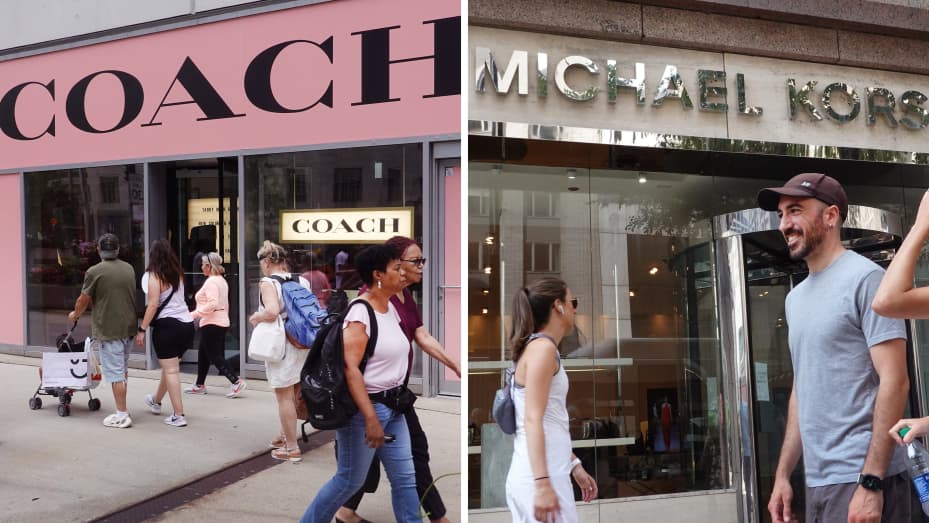
Tapestry is the parent company of the brands such as Coach, Kate Spade, and Stuart Weitzman. It agreed in August to acquire Capri, the parent company of Michael Kors, Versace, and Jimmy Choo.
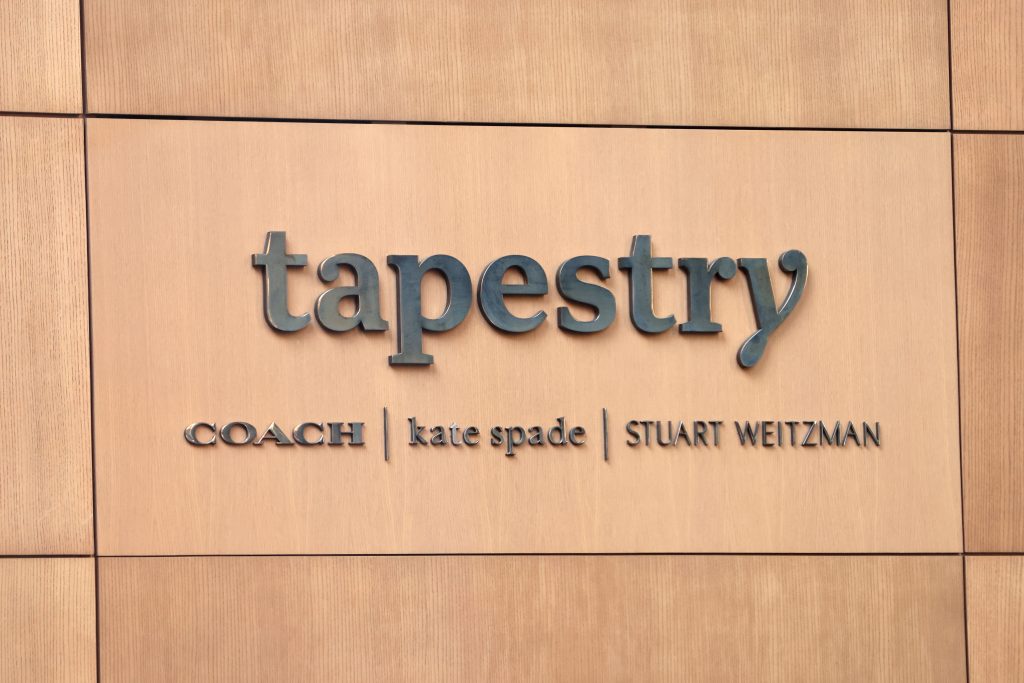
The merger would cost Tapestry $8.5 billion and bring together approximately 33,000 employees worldwide to eliminate ‘direct head-to-head competition’ between the flagship brands of Tapestry and Capri.

The FTC argues that this deal could lead to higher prices for consumers and a decrease in innovation and design. Additionally, the deal could potentially harm hourly workers’ wages and benefits due to reduced competition for talent.

They said in their statement, “The proposed merger threatens to deprive millions of American consumers of the benefits of Tapestry and Capri’s head-to-head competition, which includes competition on price, discounts and promotions, innovation, design, marketing and advertising”.
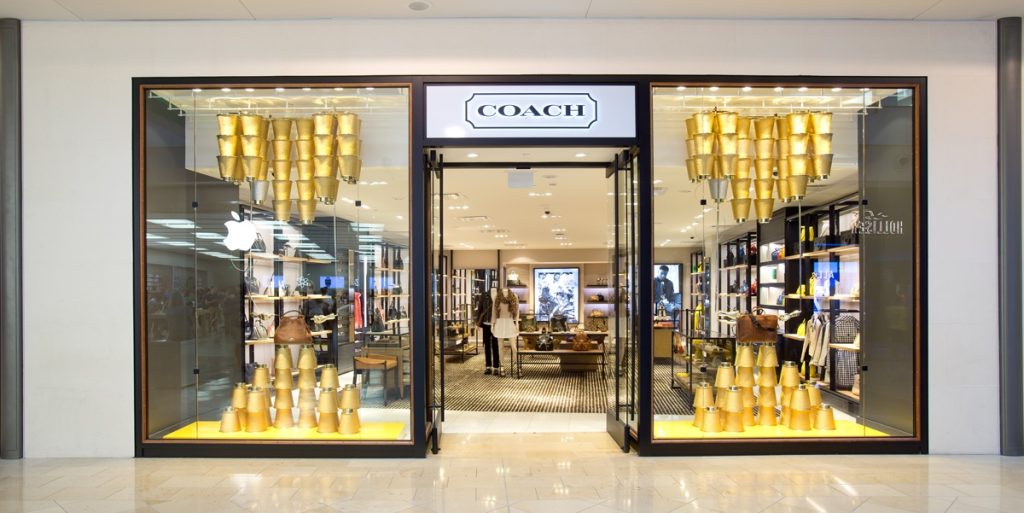
This merger sets a potential precedent for luxury deals, as the FTC has issued new guidelines encouraging fair, open, and competitive markets.
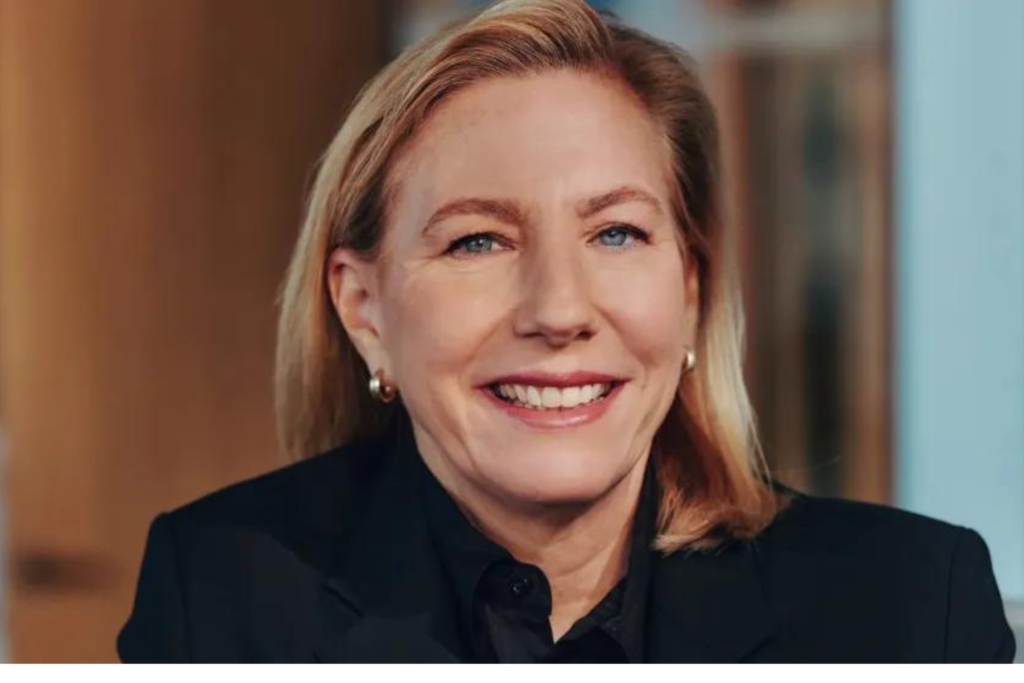
Tapestry CEO Joanne Crevoiserat stated that the company is proud of its wages and benefits and that competition for talent goes beyond just the fashion industry.
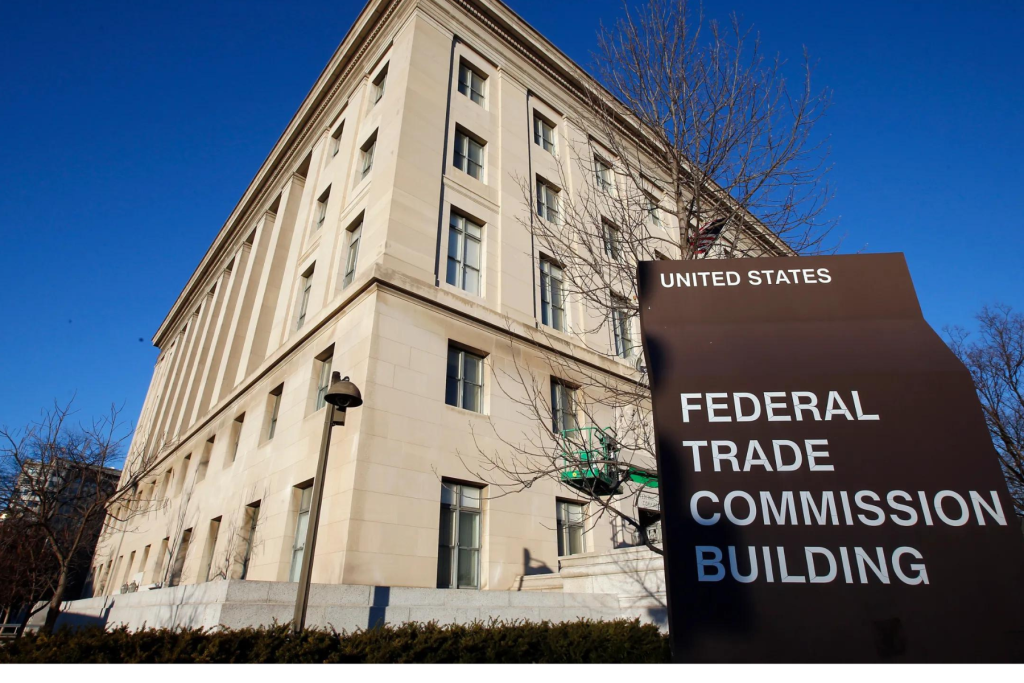
Capri Holdings disagrees with the FTC’s decision and believes that the current realities of the market demonstrate that this transaction will not limit or reduce competition.
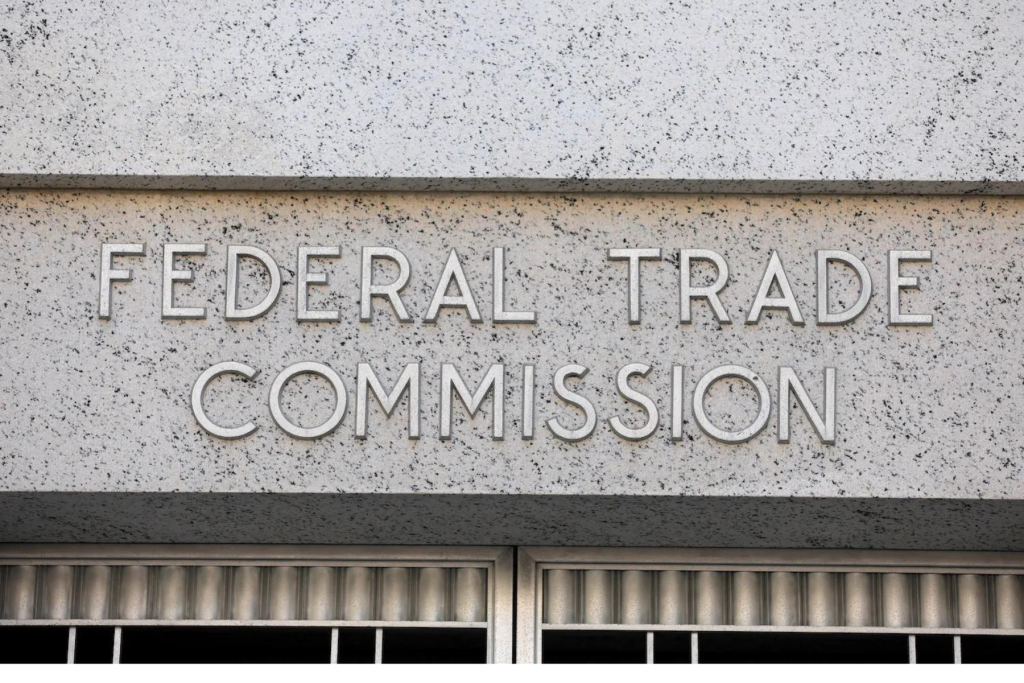
Europe and Japan gave initial clearance on the deal but the approval in the U.S. remains widely uncertain following the FTC’s ruling. After the announcement from the FTC, shares in both parfent companies fell. Capri closed at $37.96 on Monday.
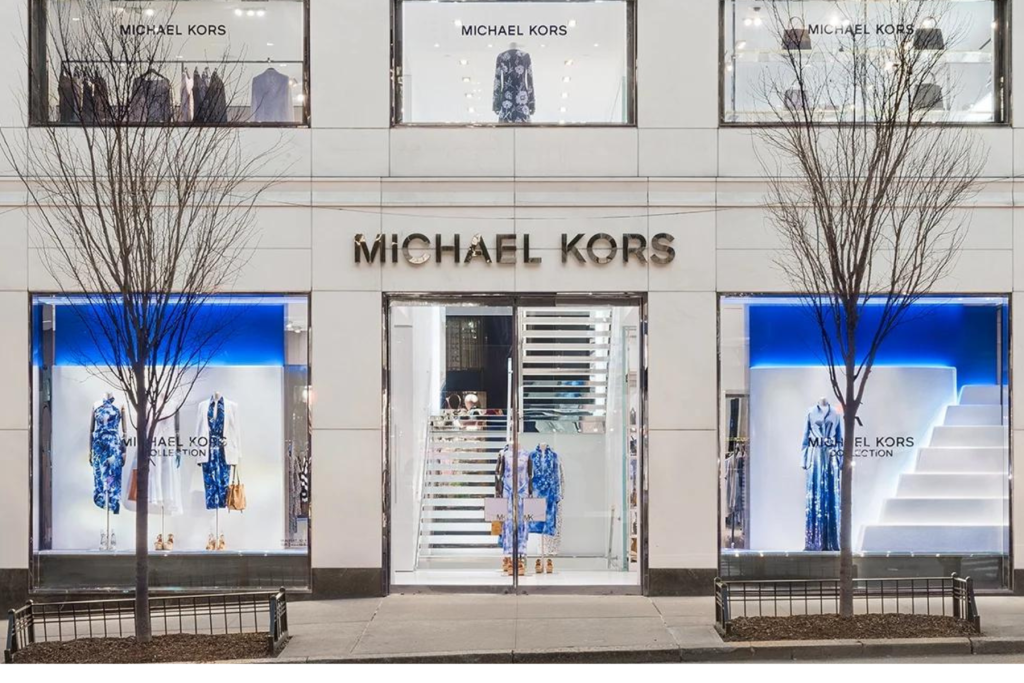
The deal could create a US fashion behemoth effective against larger European rivals and potentially win more share in the global luxury market, but this potential competition could also spark new industry battles in the US.





